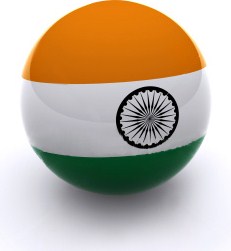Yet another terror strike, yet another tragedy for the people of Mumbai. Nineteen people died and 131 were injured in the deadly blasts that struck Mumbai on Wednesday.
Following the blasts, the common man's anger is directed at Ajmal Kasab, the face of 26/11. The people want to know why the terrorist is fed, looked after and protected at the expense of the nation.
"There is video evidence against Kasab, but still no action is being taken against him," says an angry Mumbaikar.
"Well, point, that it takes a long time is a fact. We need to expedite that. I appreciate the point. That's the way things stand today. It takes time," Maharashtra Chief Minister Prithviraj Chavan said.
Since 2005, almost 400 Mumbaikars have died in several terror strikes. It's a situation that's almost as bad as terror-torn Karachi and Kabul.
Yet, for years, most terror cases are still stuck at the stage of the trial.
Every accused is entitled to a free and fair trial. That's how any civilised democracy behaves. But can the legal process, which is currently slow and tardy, be expedited?
"There is no problem with the law. The infrastructure has to improve with technology and computerisation. In the 21st century we can't still have bullock-cart technology," said senior advocate KTS Tulsi.
The Opposition, however, insists that the law is weak.
"Countries across the world have enacted tough laws against terror, but India the law has been weakened and terrorists are almost invited," said Gujarat Chief Minister Narendra Modi.
And with a conviction rate that's less than six per cent, for terrorists, such attacks remain a low risk business.



